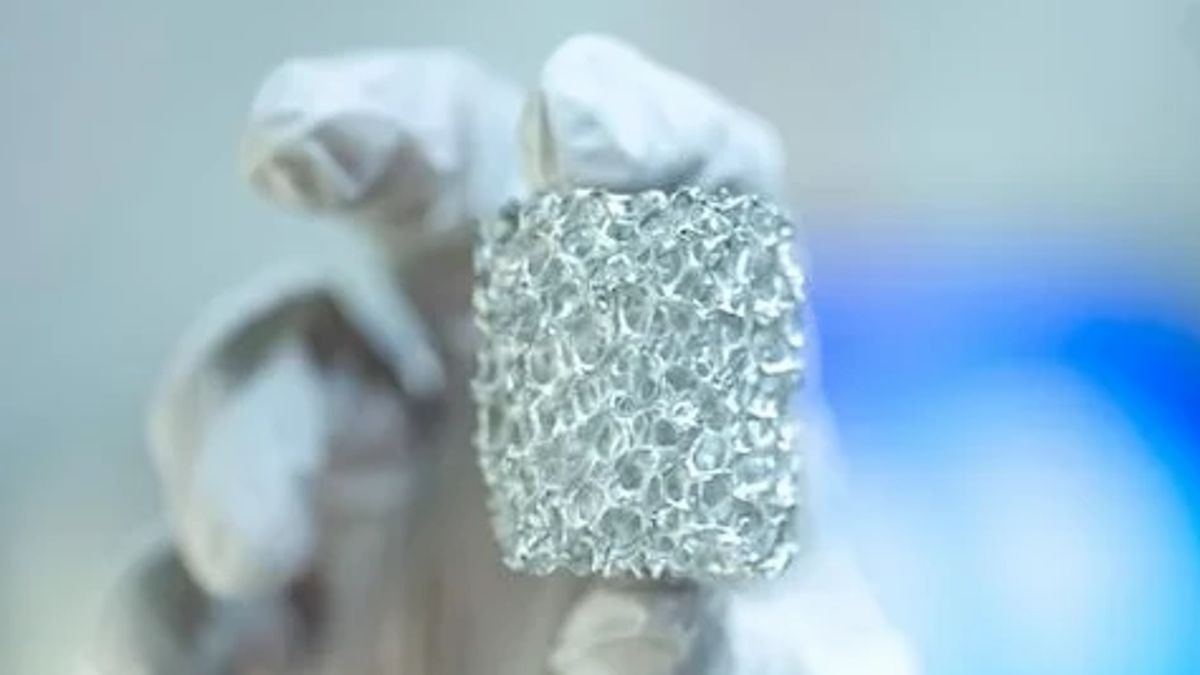JAKARTA - Documents obtained by Reuters reveal that the European Union risks becoming highly dependent on China for lithium-ion batteries and fuel cells by 2030. Especially if no decisive steps are taken to resolve the issue. This could match the EU's level of dependence on Russia in energy supply before the war in Ukraine.
The document will form the basis for discussion of European economic security during a meeting of EU leaders in Granada, Spain, on October 5. EU leaders will discuss a European Commission proposal to reduce the risk of EU dependence on China and the need to diversify towards Africa and Latin America.
The document states that because renewable energy sources such as solar power or intermittent winds, the European Union will need a way to store energy to achieve zero carbon emissions targets by 2050.
"This increase will make our demand for lithium-ion batteries, fuel cells, and electrolysers soaring, expected to increase 10 to 30 times in the coming years," said the document prepared by the Spanish EU Presidency.
Although the EU has a strong position in the intermediate stage and electrolyser assembly, with a global market share of more than 50%, the EU relies heavily on China for fuel cells and lithium-ion batteries that are critical to electric vehicles.
"Without implementing firm measures, the EU energy ecosystem could have a dependence on China by 2030 which is different in nature, but at a level similar to its dependence on Russia before the Ukrainian invasion," the document said.
According to the European Commission, in 2021, prior to Russia's invasion of Ukraine, the European Union took more than 40% of its total gas consumption, 27% of its oil imports, and 46% of coal imports from Russia.
اقرأ أيضا:
The end of energy purchases from Russia led to an energy price crisis in the EU and a surge in consumer inflation, which forced the European Central Bank to sharply raise interest rates, hampering economic growth.
Litium-ion batteries and fuel cells are not the only areas of EU vulnerability, said a Spanish Presidency document. "Similar scenarios can occur in the digital technology space," the document said. "The forecast shows that the demand for digital devices such as sensors, drones, data servers, storage equipment, and data transmission networks will increase sharply in the decade."
"The EU has a relatively strong position in the latter field, but points to significant drawbacks in other areas," he added.
By 2030, this foreign dependence could hamper the increase in productivity that is urgently needed by European industry and service sectors, as well as hinder the modernization of agricultural systems that are important to tackle climate change.
The English, Chinese, Japanese, Arabic, and French versions are automatically generated by the AI. So there may still be inaccuracies in translating, please always see Indonesian as our main language. (system supported by DigitalSiber.id)


















